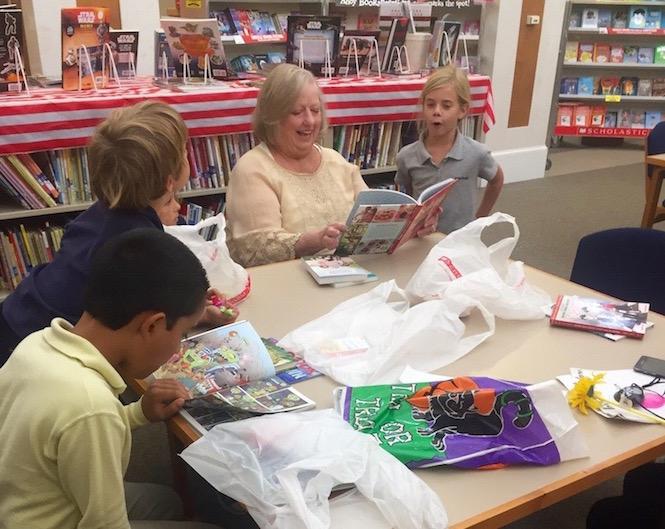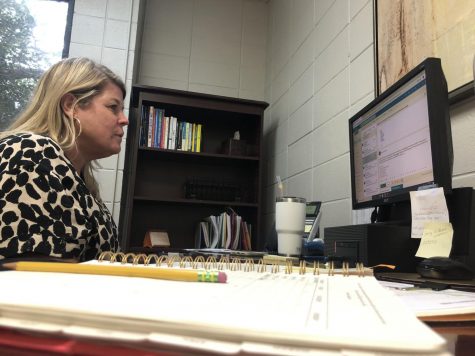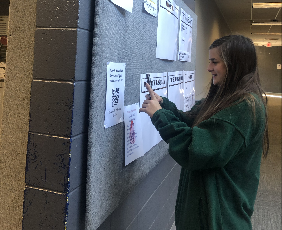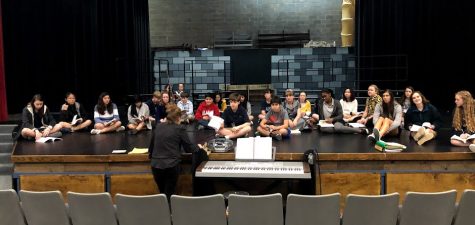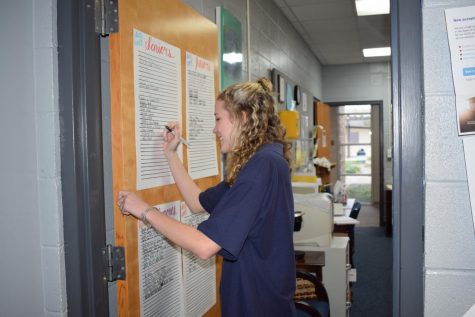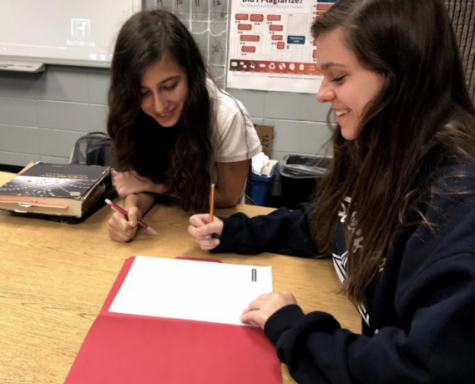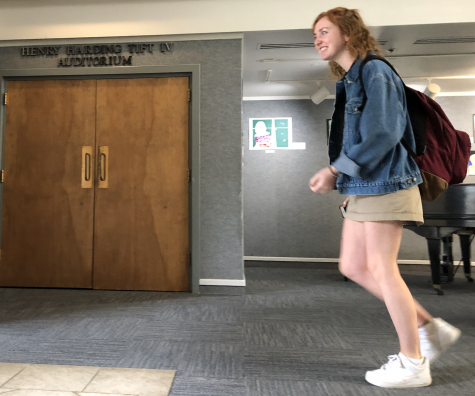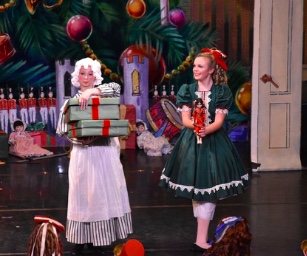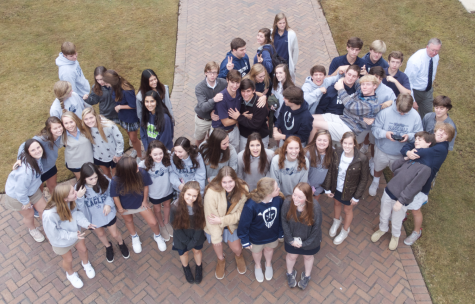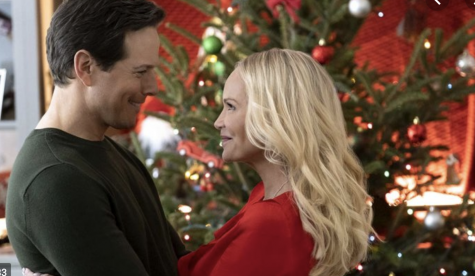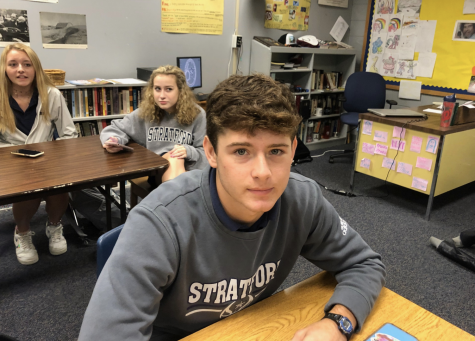Lower school librarian is longtime wildlife rehabilitator
Ms. Kaye Wansley, one of about 70 in Georgia, believes animal breeding has gotten ‘out of sync’
Ms. Kaye Wansley is Stratford’s lower school librarian. She has been at Stratford since the school was downtown on Coleman Hill. She has worked with kindergarten, after-school daycare, and as a substitute teacher.
She also is an experienced wildlife rehabilitator, one of about 70 in the state.
Her love for fostering injured animals has led her to an understanding that animal breeding has become out of sync.
“Things no longer have a pattern,” she said.
The ways of life once had a rhythm. Animals were born when they were expected to be born.
Now, the previous sequence of life has been randomized. It began about 30 years ago when she received a baby squirrel, “Pinky,” in the middle of winter.
She could not believe it. Baby squirrels have always been born in late spring and early fall. Then, a few years later, the same instance occurred, but with an animal a little higher up on the food chain.
Ms. Wansley got a call in middle of the winter. She was told a woman had stumbled upon a fawn (baby deer). This was extremely irregular. Ms. Wansley told the lady she was wrong and it was impossible for a baby deer to be born that late in the year.
Sure enough, it was a fawn. She was astonished. The deer had adapted to the irregular weather patterns.
“It’s amazing how they’ve survived by adapting,” she said. “Some things will and others won’t.”
She realized evolution started with something as small as a squirrel, and it is rapidly climbing up the chain to larger animals. Ms. Wansley has her suspicions on the cause of these surprises.
“I truly believe global warming and pollution could be part of the cause,’’ she said.
This worries Ms. Wansley because of her passion for animals. She believes humans are part of the problem to the unbalanced equation and their actions may affect animal’s unique birth patterns.
When animals are born in unnatural times of the year, it can cause them danger, because they may be unable to survive in unnaturally cold or hot climates. These unique climates may not contain the necessary resources these animals need to survive.
One day, there may be scarce numbers of animals for children to observe.



